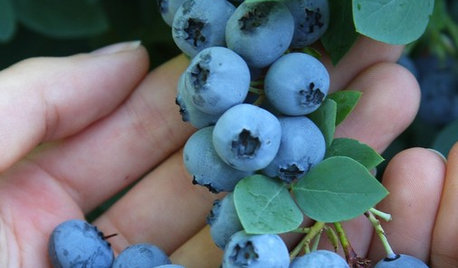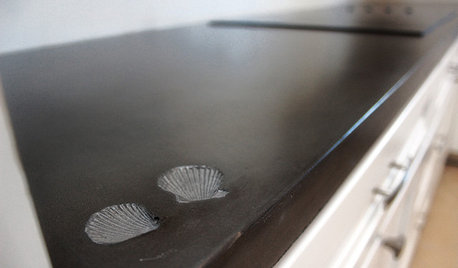newbie potted blueberry question about fertilizer
mrssims
13 years ago
Featured Answer
Sort by:Oldest
Comments (24)
organic_wonderful
13 years agoRelated Professionals
Birmingham Landscape Architects & Landscape Designers · Aurora Landscape Contractors · Fair Lawn Landscape Contractors · Rockwall Landscape Contractors · Snoqualmie Landscape Contractors · Tehachapi Landscape Contractors · Mesquite Solar Energy Systems · St. Louis Window Contractors · Marshfield Window Contractors · Sayville Window Contractors · Alsip Fence Contractors · Holbrook Fence Contractors · Saginaw Fence Contractors · Staten Island Fence Contractors · Verona Fence Contractorsprestons_garden
13 years agoorganic_wonderful
13 years agoprestons_garden
13 years agotapla (mid-Michigan, USDA z5b-6a)
13 years agoprestons_garden
13 years agotapla (mid-Michigan, USDA z5b-6a)
13 years agoorganic_wonderful
13 years agotapla (mid-Michigan, USDA z5b-6a)
13 years agogreentiger87
13 years agogreentiger87
13 years agotapla (mid-Michigan, USDA z5b-6a)
13 years agoorganic_wonderful
13 years agoorganic_wonderful
13 years agotapla (mid-Michigan, USDA z5b-6a)
13 years agoorganic_wonderful
13 years agotapla (mid-Michigan, USDA z5b-6a)
13 years agogreentiger87
13 years agoorganic_wonderful
13 years agoorganic_wonderful
13 years agotapla (mid-Michigan, USDA z5b-6a)
13 years agoorganic_wonderful
13 years agoorganic_wonderful
13 years ago
Related Stories

GARDENING GUIDESGet on a Composting Kick (Hello, Free Fertilizer!)
Quit shelling out for pricey substitutes that aren’t even as good. Here’s how to give your soil the best while lightening your trash load
Full Story
EDIBLE GARDENSSummer Crop: How to Grow Blueberries
Plant blueberries in spring or fall for garden beauty through three seasons — and a sweet superfood in summer
Full Story
GARDENING GUIDESGreat Design Plant: Grow Blueberries for Their Fruit and More
Eastern gardeners should consider growing blueberry plants for their delicious fruits, bee-friendly spring blooms and brilliant fall foliage
Full Story
GARDENING GUIDESNew Ways to Think About All That Mulch in the Garden
Before you go making a mountain out of a mulch hill, learn the facts about what your plants and soil really want
Full Story
GARDENING GUIDESCommon Myths That May Be Hurting Your Garden
Discover the truth about fertilizer, soil, staking and more to keep your plants healthy and happy
Full Story
CONTRACTOR TIPSBuilding Permits: What to Know About Green Building and Energy Codes
In Part 4 of our series examining the residential permit process, we review typical green building and energy code requirements
Full Story
DECKSA Family-Friendly California Yard Wises Up About Water
Pavers and unthirsty plants replace Kentucky bluegrass in a Menlo Park landscape for a family of 4
Full Story
KITCHEN COUNTERTOPSElephants of the Kitchen? What to Know About Concrete Counters
Concrete countertops are beautiful, heavy and cool — and have their own peculiarities. And a lot in common with certain gray pachyderms
Full Story
GARDENING GUIDESHow to Keep Your Citrus Trees Well Fed and Healthy
Ripe for some citrus fertilizer know-how? This mini guide will help your lemon, orange and grapefruit trees flourish
Full Story
HOUSEPLANTSOne Pot, One Big Shot of the Tropics
Give your rooms exotic flair in a single stroke. Tall Kentia palm fits the tropical bill beautifully
Full StoryMore Discussions



tapla (mid-Michigan, USDA z5b-6a)